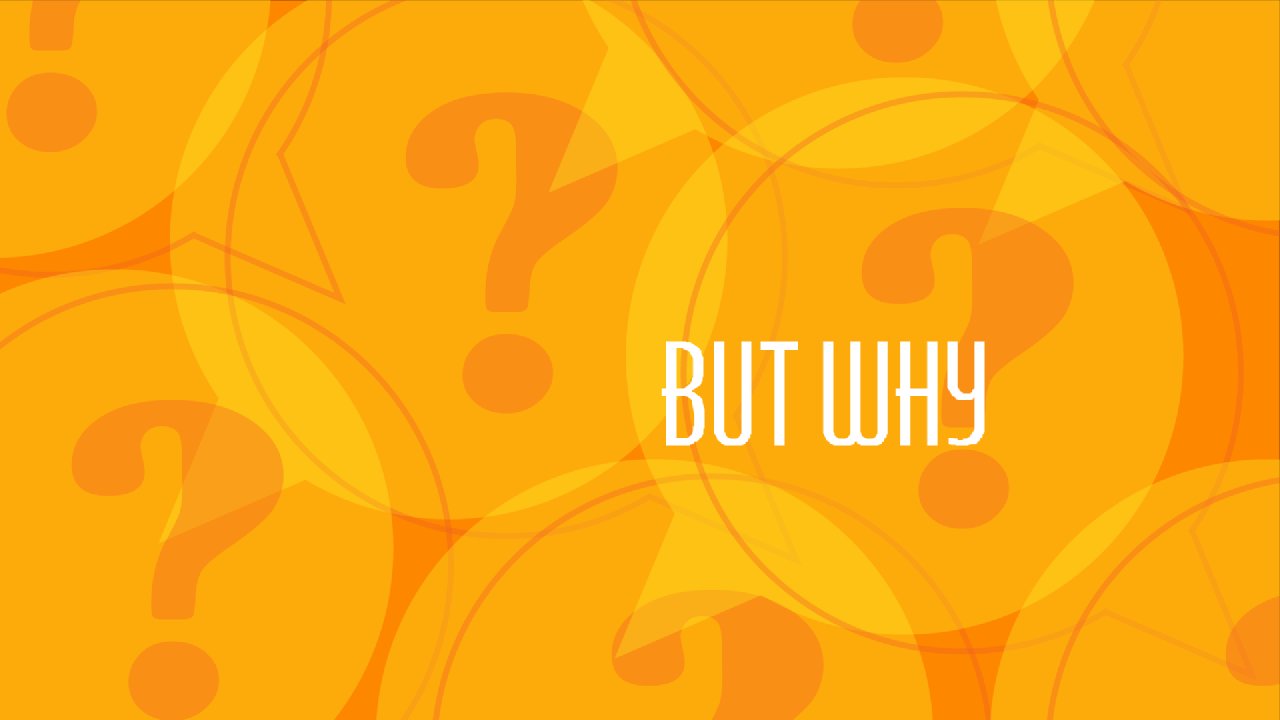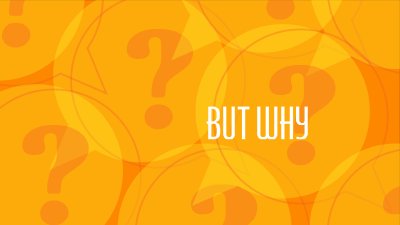Today, when talking about biblical marriage or one man and one woman forever, we often hear phrases like, “its 2018- that ship has sailed,” and “we need be be more inclusive.” We see and hear things on on social media, TV, movies, and music about doing what pleases you. If marrying more than one person makes you happy…go for it. If that means having an open marriage…go for it. If that means getting divorced…go for it. “You do You!”
But is this truth? Or is this the enemy- a wolf in sheep’s clothing, who has come to steal, kill and destroy your life? What does God, the creator of all of it, have to say about it? What does He say in the Bible about marriage and how we are to do it?
Discussion:
-In your opinion, what’s the purpose of marriage?
-Do you have any fears about marriage? If so, what are they?
-Thinking about the purpose of marriage, how could being with multiple people (through marriage or an open relationship), hinder that purpose?
-How could it (being with multiple people) harm you or the people you are in a relationship with?
-Thinking about divorce, do you think its ever acceptable? And if so, when?
-Why do you think the Bible warns against divorce?
-Regarding multiple or open relationships and divorce, how do these things help or hinder you in your walk with the Lord and pursuing his calling for you?
-How do they help or hinder your testimony?
Challenge: Marriage is more than just choosing one person to spend your whole life with. It gives you a partner to pursue God with. Together, the two of you can do amazing things for the kingdom as you follow after Christ together. Ask God to transform your thinking about relationships to reflect this. Determine now what your fears, questions, or misconceptions might be and begin working with a leader to overcome them through scripture.

Polygamy & Divorce
1 Cor 7:1-2, Ephesians 5:31, Matthew 19, Deut. 17:17, 1 Kings 11:3, John 8:1-11
March 14, 2018
Morality
May 2, 2018
OVERVIEW: Every day we are faced with situations where we have to make a decision whether something is right or wrong. Some things are obvious and almost self evident such as, “is it right to murder someone?” However, there are other things that are harder to answer such as, “Is capital punishment for a crime murder?” “Is lying to protect someone from harm ok?” “Is plastic surgery sin?” But whether it seems self evident or not, how do we determine something is right or wrong? Do we determine it ourselves, by culture or is there a divine truth that determines right from wrong that we are obligated to follow? SCRIPTURE: Romans 7:7—I would not know sin without the Word of God Daniel 6:4—No cause for accusation Romans 3:10-18—There is none righteous no not one Hebrews 12:2—Fix our eyes on Jesus the author and perfecter of our faith Jeremiah 17:9-10—The heart is desperately wicked Psalm 51:10—Clean my heart of God DISCUSSION: Where does your PERSONAL (NOT WHAT IS THE BIBLE ANSWER) sense of morality (or right and wrong) come from? How do your parent’s opinions impact your morality? How will that change when you move out? How do your friend’s opinions impact your morality? How does that change as you hang out with different people? How do your youth leader’s opinions impact your morality? How will that change when you leave for college? If you had a stricter sense of morality, what would change? If you had a more relaxed sense of morality, what would change? If you are unsure something is right or wrong, what are some ways you could determine an answer? CHALLENGE: You won’t always live under your parent’s roof, have the same group of friends, or have youth leaders checking in on you each week. Your morality must be grounded in scripture. This week, pick a topic that interests you or a topic that you think is ok but others in your life say is not (or vice versa). Find out what the Bible says while praying to understand God’s heart on the matter.
Purpose of Life
April 18, 2018 • Scott Johnson
Overview Why are there so many religions? How do I know which one is the right one? Does it even matter or are they all the same? Does it really make a difference as long as I believe in a higher power? Since the beginning of time people have been trying to answer 3 basic questions: ORIGIN: How did I get here? PURPOSE: Why am I here? DESTINY: What happens when I die? Since then, mankind has answered these questions through making objects to worship, hoping they will bring good luck or by praying and offering sacrifices to forces of nature, hoping their lives may in some way be blessed. Their main goal has been living a peaceable and good life, hoping the good they do outweighs the bad. But in each of these things we find a common theme, mankind trying to earn favor with a deity by doing something they think a deity will look favorably on. In each scenario, mankind is trying to control their destiny. But this leaves us wondering if any of it works. How do we know any of it is true or if all along we have been carrying around a lucky rabbits foot hoping something good will happen to us Discussion Questions: -When you consider all the different versions of ORIGIN, what things are you sure of? Where do you have questions? -If you feel certain of your view of origin, how would you explain or defend it to someone with an opposing view? -Why does a person’s view of origin matter? (Does it really matter, as long as you believe in Jesus?) Challenge: This week take some time to find evidence that stands for your view of the origin of Life. And ask yourself a few questions about it. -Where does the evidence come from? -Is it a reliable source? -How do you know it is true?





